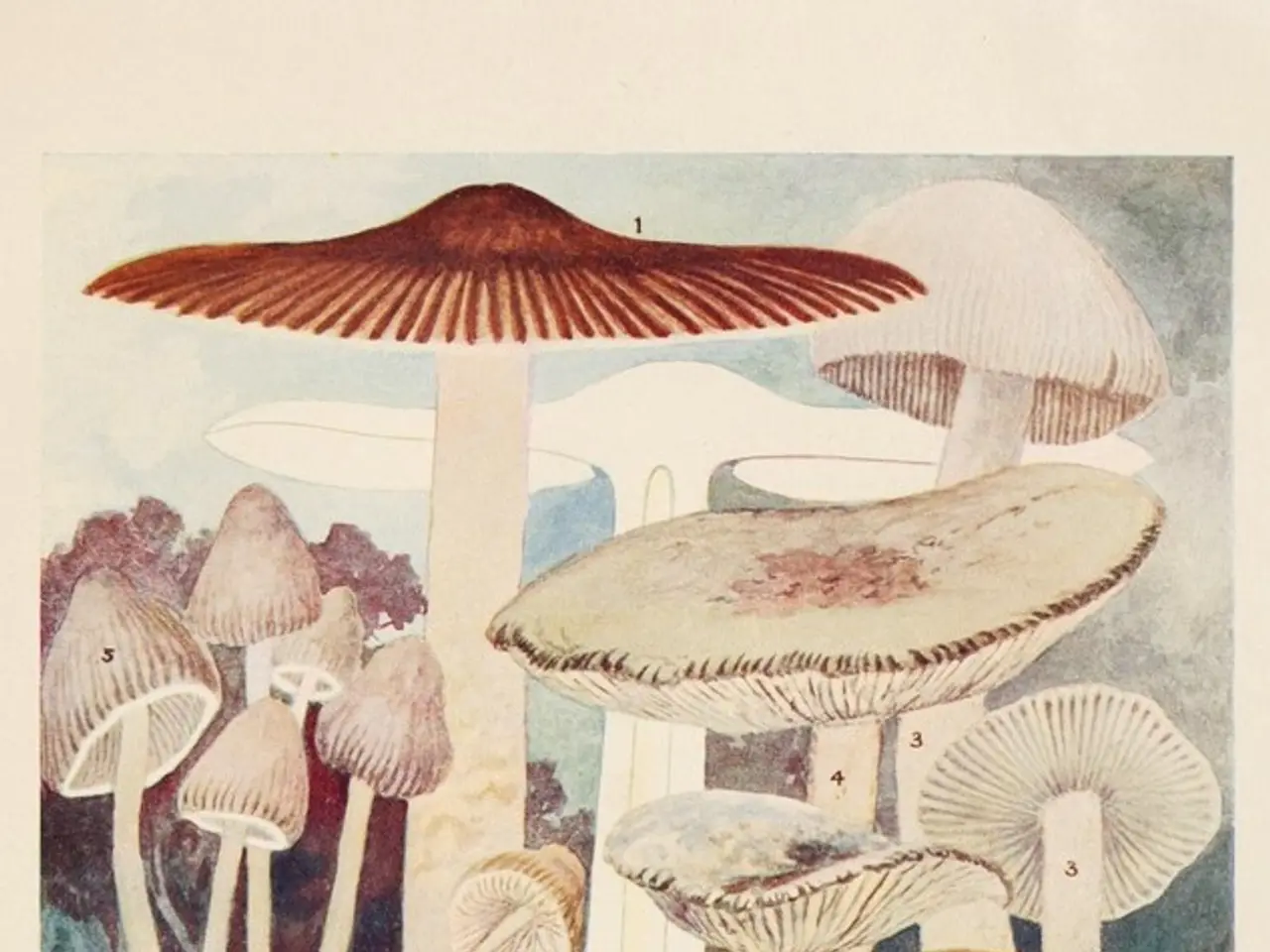Police raid cannabis edibles manufacturer following incident of toddler's intoxication
Breaking News: Police Crackdown on Illegal Cannabis Edibles Business in Bangkok
In a significant move to regulate the cannabis market, police in Thailand have raided an illegal cannabis edibles business operating in a house located in tambon Bang Chan, Khlong Sam Wa district of Bangkok.
The operation, led by Pol Maj Gen Pattanasak Buppasuwan, commander of the Consumer Protection Police Division (CPPD), resulted in the seizure of various cannabis-infused products, including 230 cannabis-infused jellies, 162 cannabis-infused cookies, 3.5kg of dried cannabis flowers, and 54 cannabis plants. The seized products are estimated to be worth around 900,000 baht.
The raid was initiated after a report about a two-year-old girl who became drowsy and required hospitalisation after consuming jelly suspected to contain cannabis. Medical diagnosis confirmed the child had suffered an altered state of consciousness due to cannabis intoxication.
The business was found to be operating without any proper licensing, and the arrested employee, Mr. Sutthiphon, 22, stated that the operation had been running for around two years. Mr. Sutthiphon has been charged with offences under the Food Act and the Protection and Promotion of Thai Traditional Medicine Wisdom Act. If any other controlled substances are detected during the analysis, further charges will be filed accordingly, as stated by the police.
Thailand’s cannabis regulations have become stricter, with the government removing recreational cannabis legality and shifting to a medical-only framework that requires prescriptions. The sale of cannabis products, including edibles, is tightly regulated, and unlicensed sales are illegal, often resulting in fines ranging from 20,000 to 100,000 baht and possible imprisonment depending on the offense.
Selling cannabis-infused edibles without proper licensing can result in a minimum fine of 30,000 baht for producing and selling improperly labeled food under the Food Act of 1979. If the products contain harmful contaminants or are classified as adulterated food, penalties may include imprisonment for up to two years, a fine of at least 20,000 baht, or both. Additionally, selling controlled herbs without permission under the Thai Traditional Medicine Protection and Promotion Act of 1999 carries penalties of up to one year imprisonment, fines up to 20,000 baht, or both.
The three-storey house used for cannabis cultivation and production had spaces specifically modified for these purposes. The bathrooms in the house were used for preparing and experimenting with recipes for cannabis jellies and cookies. The seized products will be sent to the Department of Medical Sciences for further analysis.
This reflects a sharp government crackdown aiming to regulate cannabis strictly through medical licensing and eliminate unregulated recreational distribution. The police are urging the public to report any suspicious activities related to illegal cannabis production and sales to the authorities.
In the context of Thailand's stricter cannabis regulations, the seizure of cannabis-infused edibles during a police raid highlights the importance of licensing in the health-and-wellness sector. Unlicensed production and sales of such products, as in this case, can lead to charges under the Food Act and the Protection and Promotion of Thai Traditional Medicine Wisdom Act, and potentially face penalties such as imprisonment and fines. Meanwhile, the general news continues to follow the government's crackdown on crime and justice, with illegal cannabis businesses being a focus of attention.




